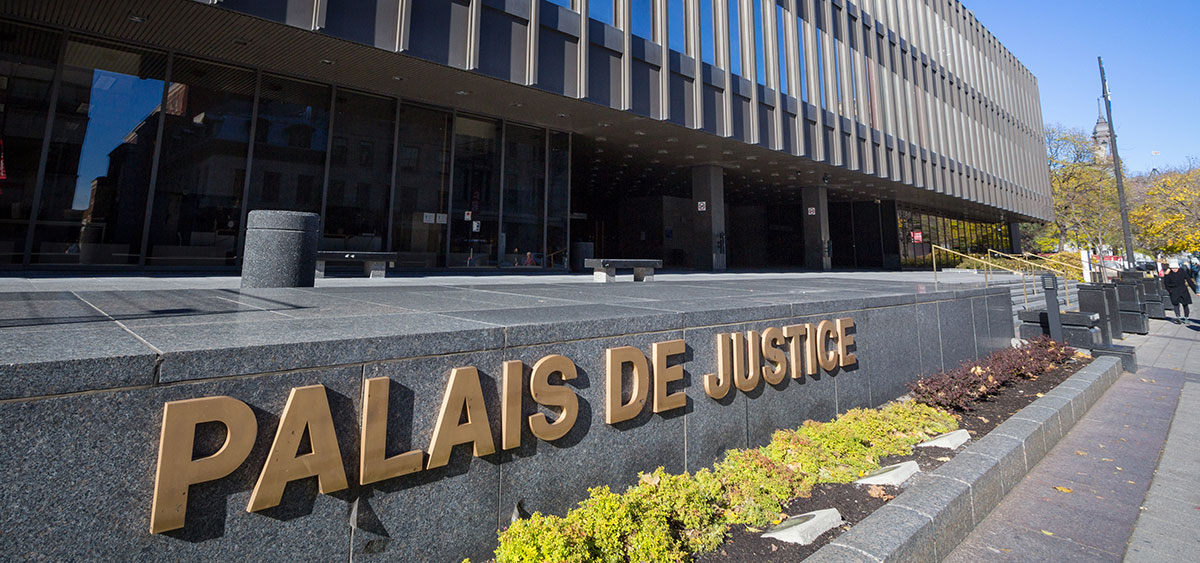Popular singer Éric Lapointe pleaded guilty to assaulting a woman. His sentence included a conditional discharge. But what does that mean? Will he have a criminal record?


Discharge: conditional vs. absolute
Even when a defendant is found guilty, a judge may decide to grant a discharge. This means the judge has chosen not to impose a prison sentence or a fine. The discharge may be “absolute” or “conditional”.
In the case of a conditional discharge, the judge orders the person to respect certain conditions (for example not to contact the victim, not to take drugs). The person is required to respect these conditions for a certain period of time. This is called a probation order.
In the case of an absolute discharge, no such conditions are imposed.
A temporary criminal record
When a person receives a discharge, they have a temporary criminal record. In the case of a conditional discharge, the RCMP will automatically withdraw this information three years after the probation period has ended. For absolute discharges, the information will be withdrawn one year after the sentence was issued.
For either type of discharge, once the applicable time period has passed, the information about the conviction remains confidential and can only be communicated under exceptional circumstances, for example if the fingerprints of the person are found at the scene of a crime.







